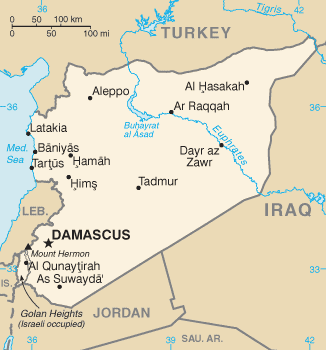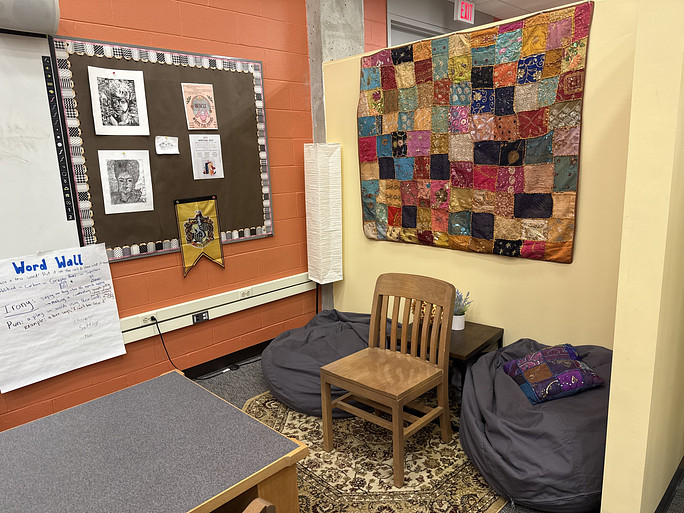By Andrew Cogliano

A pressing and sensitive topic in world news today, the conflict in Syria has been unavoidable in recent years. But what caused this once proud nation to sink to an all-time low? The answers can be traced to several different causes, in both the past and present.
Dating as far back as 1963, the Syrian civil wars became a nationwide issue when protesters took to the streets as members of the Arab Spring movement in Jan. of 2011. The movement’s sole purpose was to demand the resignation of President Bashar al-Assad, whose family has held the office since 1973. The protestors also wanted the dissolving of the Ba’ath Party rule, a Leninist group that has controlled the nation alongside al-Assad since 1963.
Conflict arose in Apr. of 2011, the same year the protests began, when the Syrian Army was deployed to quell the uprising. Slowly, the once peaceful protesters became violent after months of military sieges, and eventually transformed into an armed rebellion against the rest of the country.
The civil war has spilled out into other surrounding nations, most notably Russia, but also including Qatar, Saudi Arabia and Iran. Both Russia and Iran have decided to support the Syrian Army and their cause, while Saudi Arabia and Qatar are the main provider of weapons to the rebels.
Many non-Middle Eastern countries, including Russia and China, have become involved in the Syrian conflict in recent years. Russia has, according to BBC officials and world news correspondents, “[enjoyed] a historically strong, stable, and friendly relationship with Syria,” until the Arab Spring incident arose.
Both countries have embassies within one another, and Syria also houses Russia’s only Mediterranean naval base, its Black Sea fleet. The relationship between both nations has become problematic for those wishing to approach the matter directly, mostly due to the fact that Russia stands by Syria, even vowing to “veto any sanctions against the Syrian government” brought before the United Nations Security Council.
A key element of the rebellion was the election of al-Assad in 1973. BBC News also includes that rioting broke out after “Assad [dropped] the constitutional requirement that the president must be a Muslim.” The results were increased amounts of riots all over the nation, many of which were suppressed by the iron fist of the military.

The most recent issue in Syria, and the most infamous, is the confirmed usage of chemical weapons against their own people. These chemical weapons have been used by the Syrian government to try and end protests by the Arab Spring movement permanently, but it has also enraged other nations in the process. On April 18, 2013, France and Great Britain, in a confidential letter to the UN, stated that “there was evidence that the Syrian government had used chemical weapons on more than one occasion,” says CNN.
Russia continued to stand by its ally, but in recent months has spoken up about its affiliation. Russian Deputy Foreign Minister Mikhail Bogdanov stated that “it’s necessary to look at the facts: there is a trend for the government to progressively lose control over an increasing part of the territory,” according to CNN.
Until rebellions cease or the government is overthrown, Syria continues to battle both against itself and the world. American government officials have repeatedly threatened to invade Syria to confiscate and destroy the chemical weapons, but Russia has significantly helped opened up communications between Syria and America. The recent treaty signed by all three nations has required Syria to remove its chemical weapons, but only if threats of American military action are discontinued.




